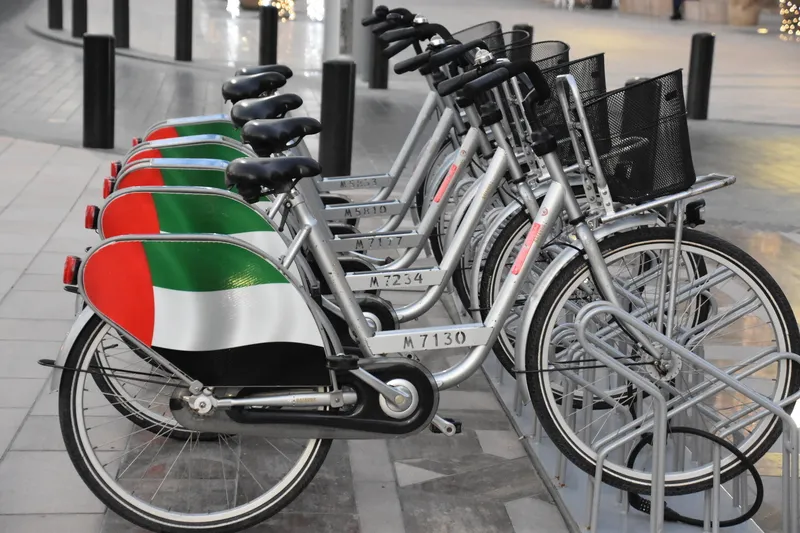One of the ten key projects launched in 2006 by Korea’s Ministry of Land, Infrastructure and Transport aims to build the world’s most intelligent highways.
In a world where eighty per cent of traffic accidents on expressways are attributed to driver negligence, Korea records the lowest level of traffic safety among OECD member countries. The smart highway project aims to reduce the accident rate and encourage people to use expressways more conveniently by integrating information, automobile and road mana
September 4, 2013
Read time: 2 mins
One of the ten key projects launched in 2006 by Korea’s Ministry of Land, Infrastructure and Transport aims to build the world’s most intelligent highways.
In a world where eighty per cent of traffic accidents on expressways are attributed to driver negligence, Korea records the lowest level of traffic safety among7353 OECD member countries. The smart highway project aims to reduce the accident rate and encourage people to use expressways more conveniently by integrating information, automobile and road management technologies.
The smart highway project comprises: the development of road-based technology including road weather warning systems, high performance lighting and the development of safety barriers and road signs; traffic management technology using wireless communications, automobile-related technology, vehicle to vehicle and vehicle to infrastructure communications systems and multi-lane tolling systems; and the provision of real time traffic information for drivers and the development of comprehensive road and vehicle management systems and technologies for lane departure prevention and vehicle control assistance based on road related data.
“Creative technologies, including cutting-edge ICT converging technology, will be absolutely needed if we want to change the paradigm of roads to a living space from just transportation infrastructure,” said Lee Eui-jun, the managing director of Korea SMART Highway Study and Application Centre in an interview with BusinessKorea. He added, “We should continuously locate new models for transportation system that contribute to making life more convenient and safe by converging IT, telecommunications, automotive technologies and road management.”
In a world where eighty per cent of traffic accidents on expressways are attributed to driver negligence, Korea records the lowest level of traffic safety among
The smart highway project comprises: the development of road-based technology including road weather warning systems, high performance lighting and the development of safety barriers and road signs; traffic management technology using wireless communications, automobile-related technology, vehicle to vehicle and vehicle to infrastructure communications systems and multi-lane tolling systems; and the provision of real time traffic information for drivers and the development of comprehensive road and vehicle management systems and technologies for lane departure prevention and vehicle control assistance based on road related data.
“Creative technologies, including cutting-edge ICT converging technology, will be absolutely needed if we want to change the paradigm of roads to a living space from just transportation infrastructure,” said Lee Eui-jun, the managing director of Korea SMART Highway Study and Application Centre in an interview with BusinessKorea. He added, “We should continuously locate new models for transportation system that contribute to making life more convenient and safe by converging IT, telecommunications, automotive technologies and road management.”









